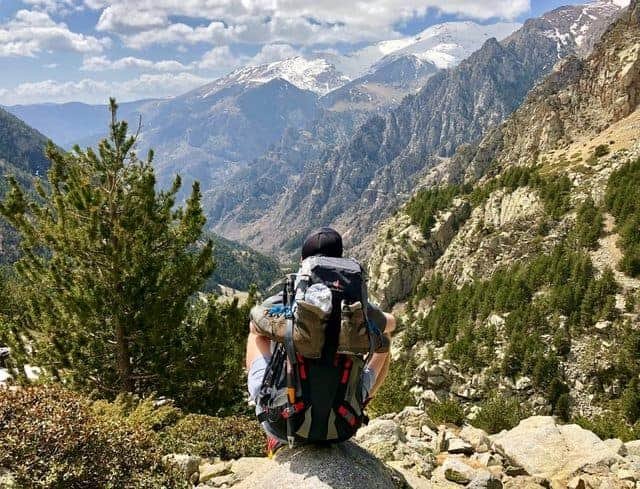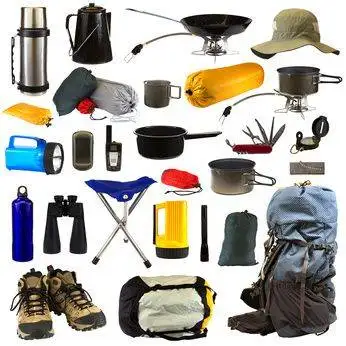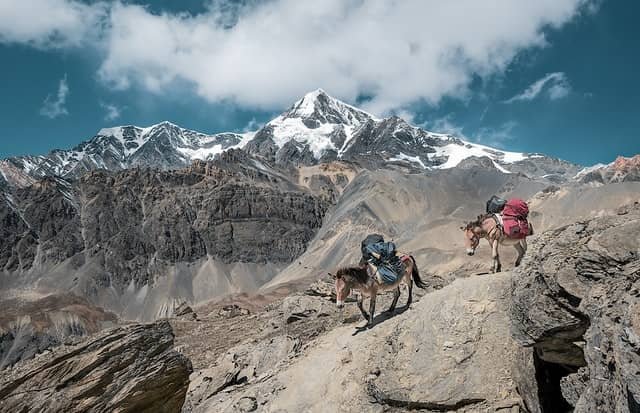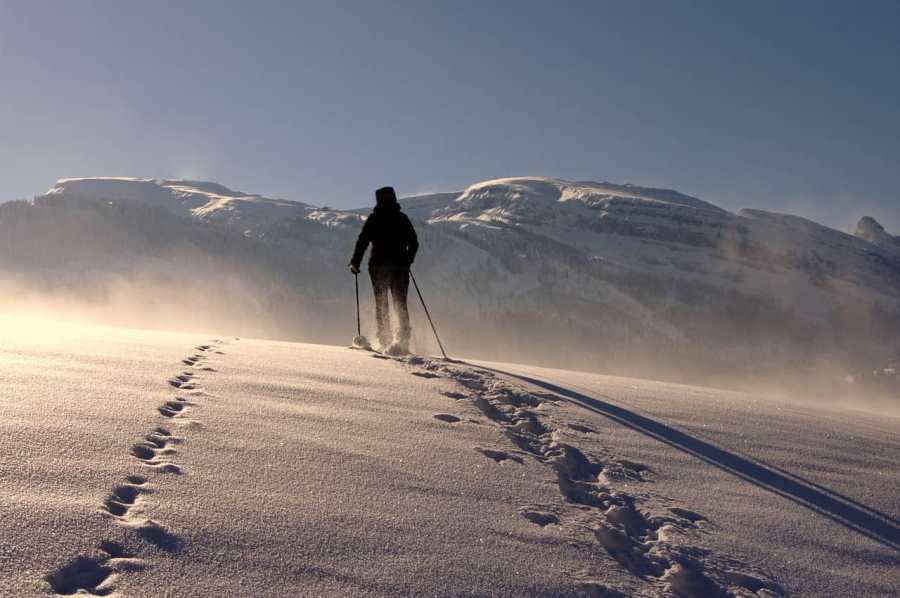Do you love the idea of hiking and camping for a week or two? If you’re obsessed with spending your days in the woods, you may consider following a backpacking meal plan that you won’t need to cook. The right backpacking meals won’t require starting a campfire or cooking on a grill.
If you’re interested in no-cook backpacking meals, check out the food options below. Now, let’s get started!
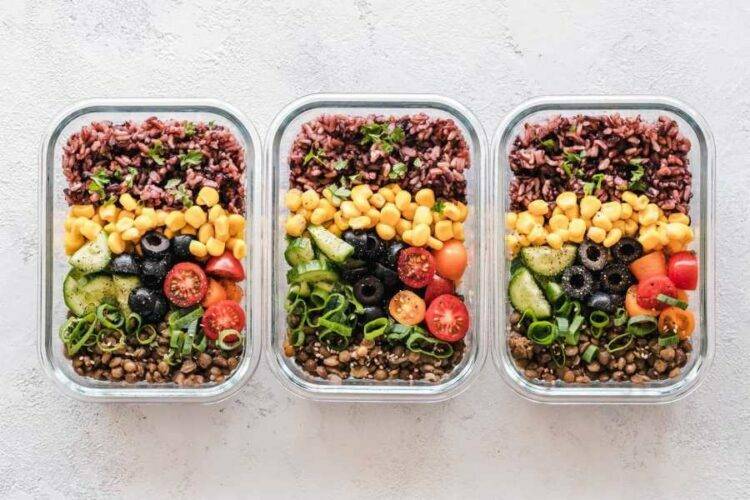
The Best No-Cook Backpacking Meals and Foods
No cook backpacking meals are a great option for hikers and campers who want to save time and energy while on the trail. There are a variety of no cook meals available, including freeze-dried meals, energy bars, and peanut butter and jelly sandwiches. No cook backpacking meals are typically lightweight and easy to prepare, making them a good choice for hikers who want to travel light.
In addition, no cook backpacking meals do not require any cooking equipment or fuel, making them a more environmentally friendly option. No cook backpacking meals are also a good choice for campers who want to avoid attracting bears or other wildlife with the smell of food cooking. When choosing no cook backpacking meals, it is important to select items that are high in calories and easy to eat on the go. No cook backpacking meals can be a great option for hikers and campers who want to save time and energy while on the trail. Some of the best foods for your backpacking meal plan include:
- Cold cereal and granola
- Bagels and smoothies
- Burritos or wraps
- Beef jerky
- Fruits, berries, and nuts
- Energy bars
- Veggie salads
- Canned beans
- Crackers
- Sandwiches
Cold Cereal and Granola With Milk
Granola and cold cereal make a great breakfast after a night of camping in a tent. You’ll need to fill up a cooler with plenty of ice to keep the milk cold. Essentially, you will love the tasty cereal and granola grains with your favorite almond milk or oat milk poured on top.
You can also throw some delicious blueberries and peanuts on top of the bowl of cereal. You won’t regret grabbing some cereal for breakfast.
Bagels and Smoothies for Breakfast
Another great breakfast to try when camping includes drinking some smoothies and munching on a sesame seed bagel. You can have bagels with all sorts of delicious ingredients like smoked salmon, tuna, cream cheese, or butter.
You can grab some dehydrated and powdered ingredients to make yourself a delicious smoothie. It won’t take nearly as much time as cooking an entire meal. Don’t forget to throw in some strawberries on top.
Burritos
You can make some delicious wraps and burritos while camping. However, you will need to improve the fillings. Some ideas for tasty fillings include:
- Bananas and peanut butter
- Tuna with mayonnaise or butter
- Chicken salad and pesto
- Tex-Mex Chicken with tomatoes and black beans
- Cream cheese or butter with smoked salmon
You can have these delicious wraps for breakfast, lunch, or dinner. They make a great meal and you won’t need to start a campfire.
Beef Jerky
Dried meat and dried fish make a delicious snack when you’re out hiking. Also, beef jerky is a great addition to your backpacking lunch ideas. Thin strips of dried meat are lightweight, so you know the snack is easy to pack. Best of all, beef jerky includes essential ingredients like protein, carbohydrates, and fats.
You can even use a food dehydrator to make your own beef jerky.
Berries, Nuts, and Fruits
You will surely need to pack plenty of snacks on a camping and hiking trip. Since you will lose tons of energy roaming through the forest and climbing hills, you will need snacks to keep up your strength. Pack plenty of strawberries and blueberries along with nuts, apples, bananas, and pears.
Dried fruits also make an excellent snack for hikers since the snack is easy to pack and store while providing nutritious ingredients.
Health Food Energy Bars
Energy bars tend to have healthy factors and make a compact, delicious snack. Further, energy bars have enough caloric density for hikers and plenty of nutrition.
When picking out healthy food bars, pick ones that are low in sugar and come with mostly healthy and natural ingredients. You will love biting into tasty, healthy, and best energy bars for hiking after a long afternoon hike.
Salads and Canned Beans
For lunch or dinner, you will want to consume some vegetables to ensure you’re getting enough healthy food. As such, you can make a veggie salad and add tasty beans from a can. Beans and salads have plenty of vitamins and are high in fiber. For instance, kale, spinach, and arugula are rich in vitamins.
Beans make a great meal when you want to feel full for hours. You can also add beans to tortillas or tacos. You can make a great salad with avocados, beans, corn, and tomatoes.
Crackers
Crackers make another perfect snack for camping and hiking. These snacks are lightweight and simple to pack when going on a camping trip. You can eat crackers all on their own or add them to your meals. You can have crackers with tuna or smoked salmon.
Also, you will love trying crackers with peanut butter and honey. Do you have any dips? Crackers make a perfect snack with dips.
Sandwiches
Lastly, another great idea for your backpacking lunch is the typical sandwich. You can get some turkey breast meat, bologna, or salami and pack it in with the rest of your food. You can also add some cheese, butter, pickles, tomatoes, and/or lettuce to your sandwich.
You can also make some smoked salmon sandwiches for breakfast with tasty whole-grain bread.
Frequently Asked Questions (FAQs) About No Cook Backpacking Meals
Below, we have answered some common questions on backpacking meals when camping and hiking.
How much food should I pack for ultralight backpacking?
You should pack no more than two pounds of food per person per day. However, you should also consider how much exercise you will accomplish, your size and weight, and how many days you will spend camping.
For example, if you’re planning to go biking or hiking for 20 miles per day, that’s a big difference from traveling five or six miles per day.
What types of foods should I bring to meet the backpacking meal plan requirements?
You will want to pack some calorie-rich foods when choosing nutrition for your backpacking meal plan. Some possible options include nuts and peanut butter, sunflower seeds, dried fruits, beef jerky, salami, and energy bars.
In addition, you should also bring some fresh fruits and vegetables to your camping trip. So, grab some apples, carrots, and
Wrap Up
Now that you know exactly what the best foods and snacks are for your backpacking meal plan, it’s time to pack for your awesome camping trip. Before you know it, you will spend your days seeing gorgeous views of forests and rivers while sleeping under the stars.
Do you have any favorite no cook backpacking meals? Share them in the comments below!

